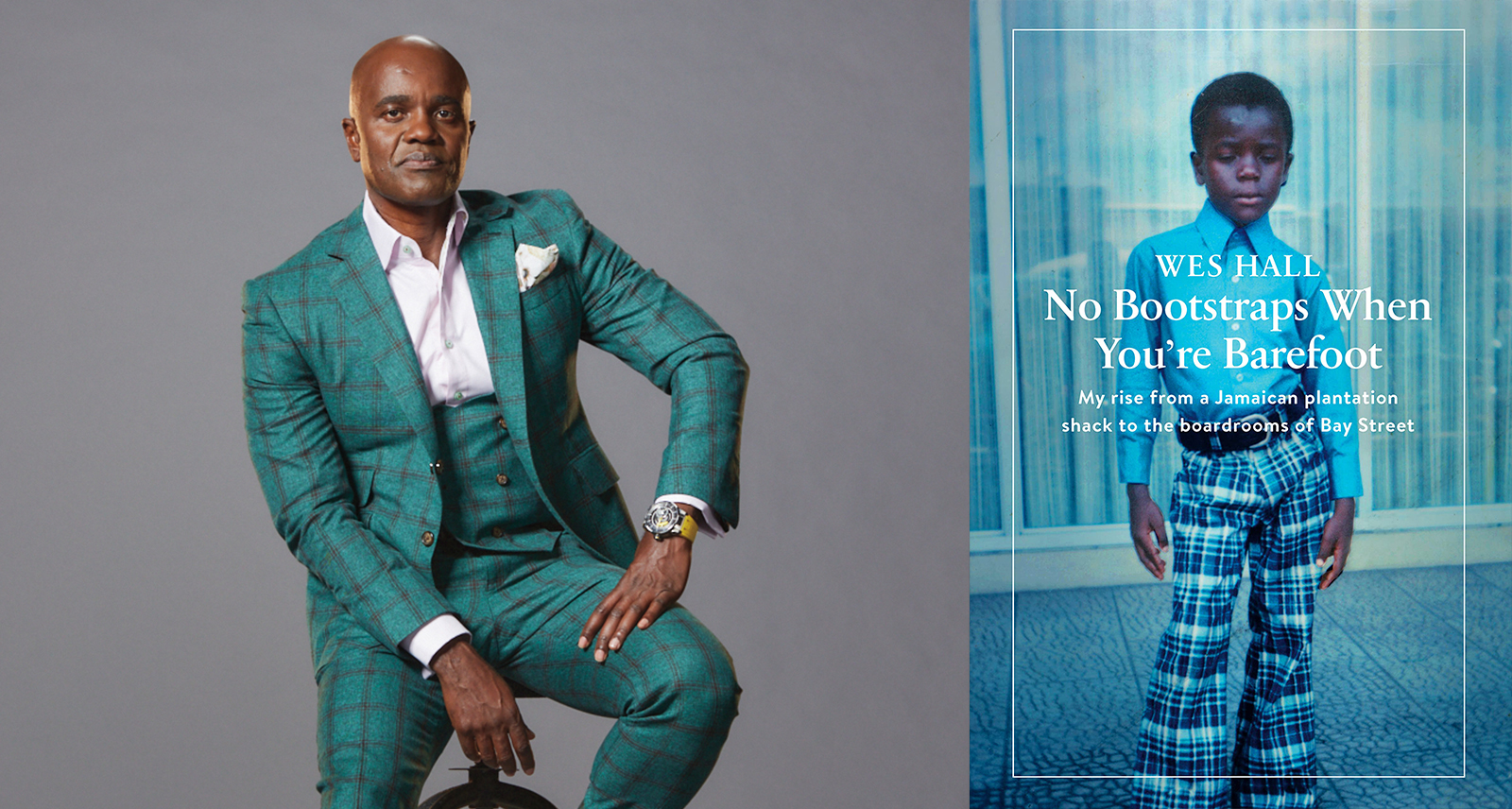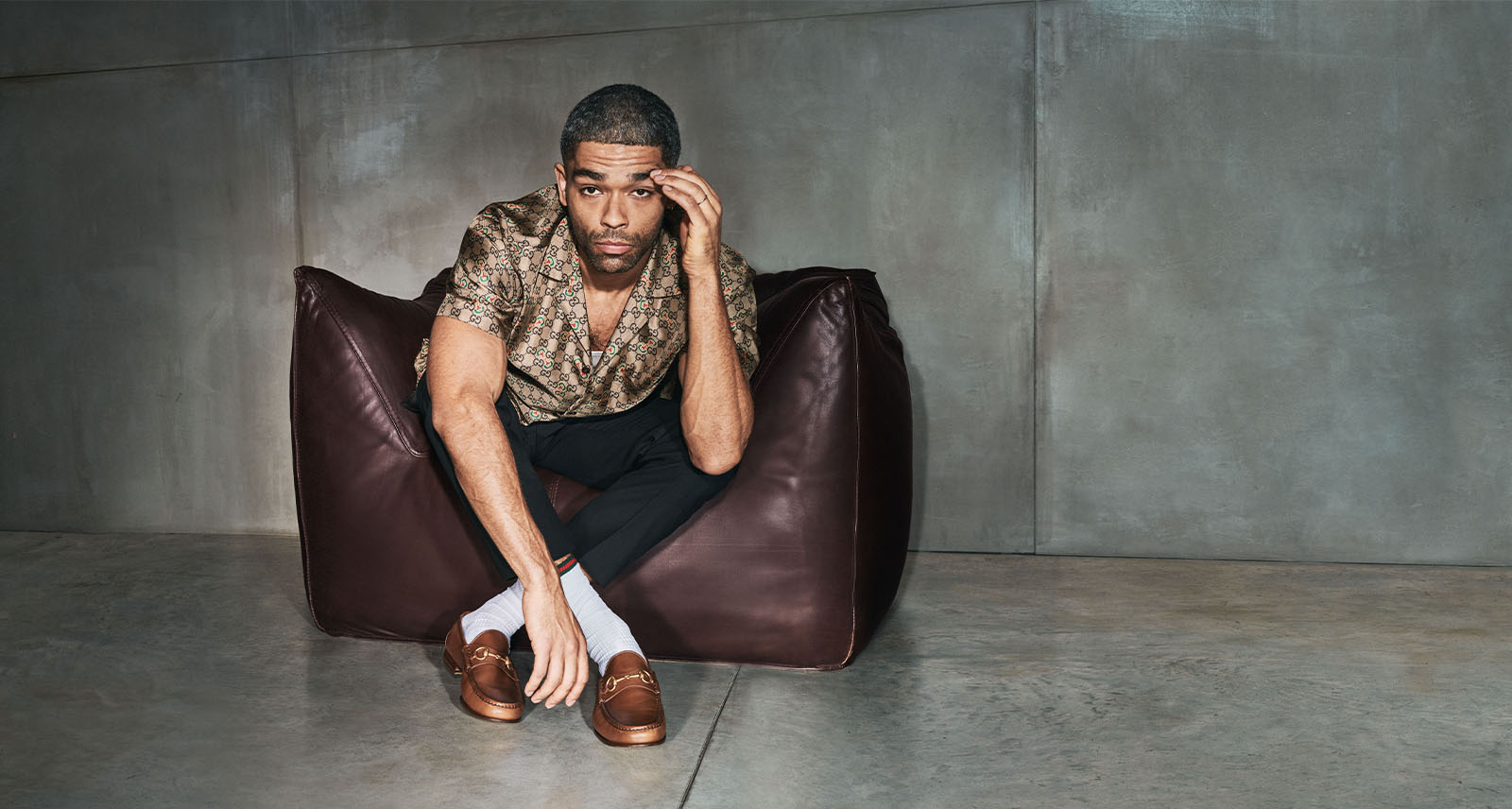Wes Hall on His New Memoir, Overcoming Poverty, and Leveling the Field
Wes Hall keeps a picture in his office of the home where he grew up in Jamaica. A two-bedroom shack with a tin roof and a dirt-floored kitchen, it couldn’t have less in common with the house he now shares with his wife and children in one of Toronto’s most exclusive neighbourhoods. How he got from a shack in rural Jamaica to Rosedale, broke a generations-long cycle of poverty, overcame racism and abuse, and rose to become one of Canada’s most influential businesspeople is the subject of his new memoir, No Bootstraps When You’re Barefoot.
Rags-to-riches stories like Hall’s are often used as proof that anyone can become wealthy and successful if only they work hard enough, and that capitalism rewards everyone equally. As its title suggests, however, Hall’s book is intended to prove the opposite. While hard work certainly played a role in his success, Hall says, a host of forces, particularly racism, still conspire to keep poor people from improving their lives. “There are a lot of people who are smarter than me who did not go through what I went through in life, but they encounter one act of racism and it ends their advancement,” Hall says. “And just because you’re able to overcome those obstacles doesn’t mean that it’s fair to have those obstacles in your way to begin with. The obstacles don’t belong there.”
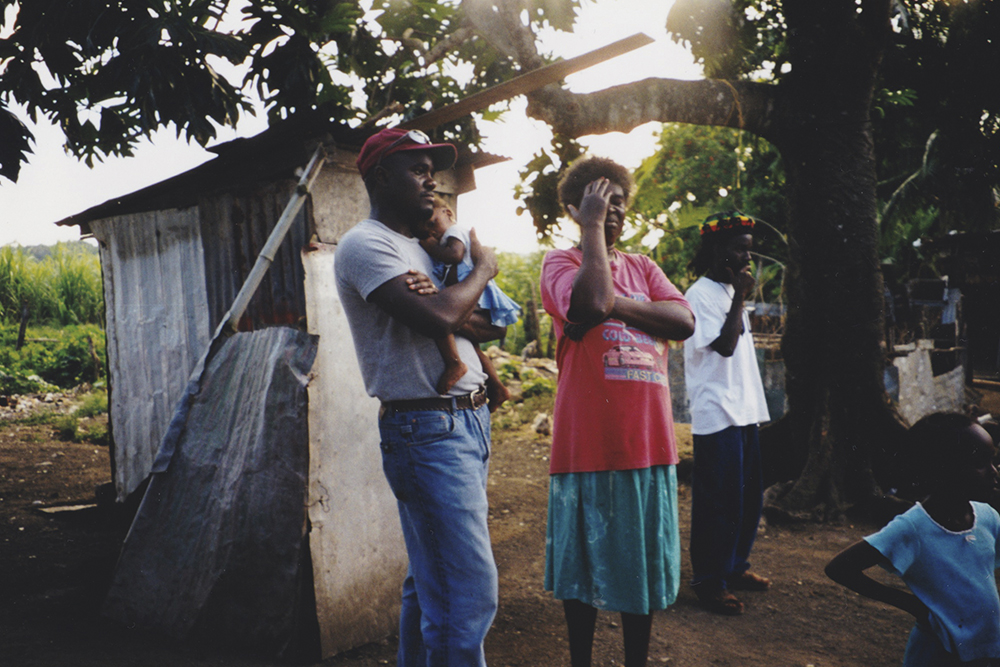
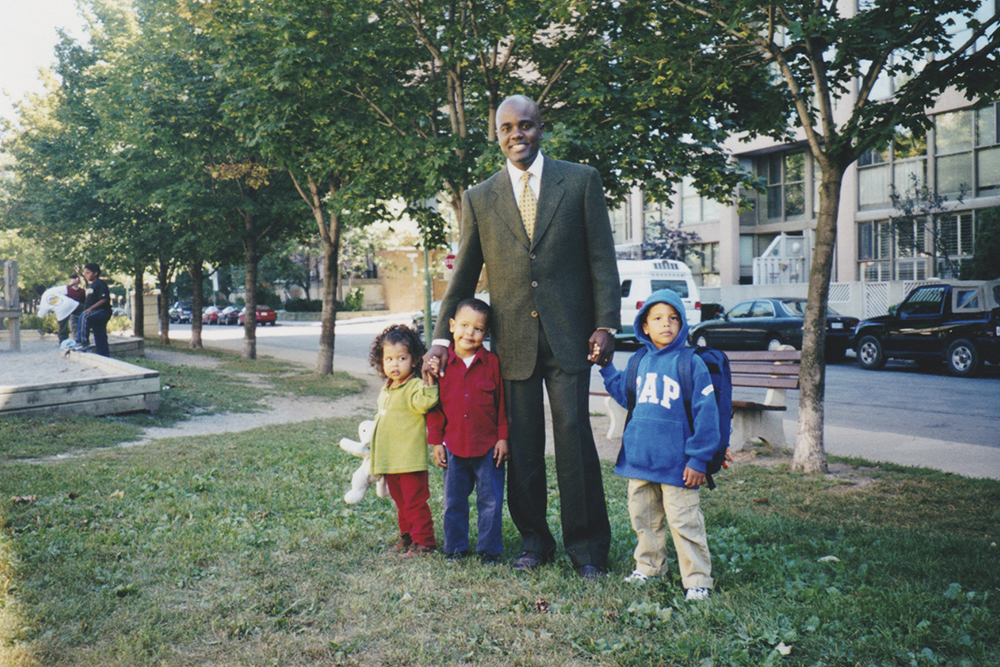
Now, as the founder of Kingsdale Advisors (a high-profile Bay Street business consultancy), a Dragon on CBC’s Dragon’s Den, and a prominent Canadian business leader, Hall has made it his mission to help as many others as he can to rise above their circumstances. Hall’s latest effort as an active philanthropist in Canada and the Caribbean is the foundation of the non-profit BlackNorth Initiative, an ambitious project to end systemic anti-Black racism through a wide range of business initiatives. “A lot of companies didn’t have women on their boards a few years ago, and now, all of a sudden, every single bank and institution in this country has multiple women in C-suite positions,” he says. “But the same organizations have zero Black people today. I hope that if we can fill the gender gap, then we can fill the racial gap. We’re having that conversation now, and within a few years, we’re going to see the conversation change.”
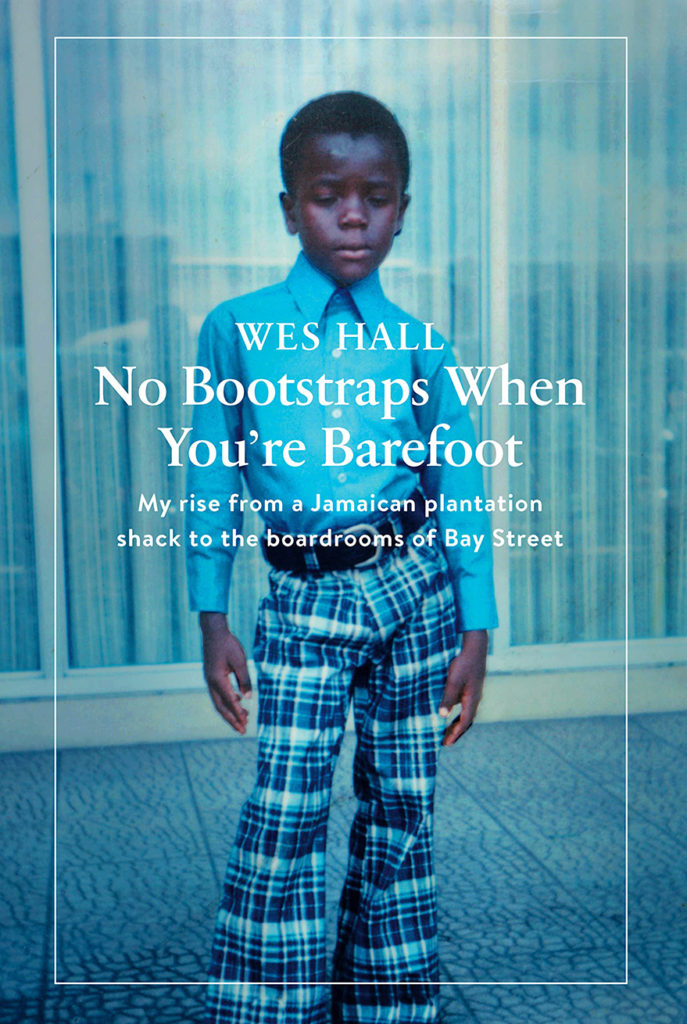
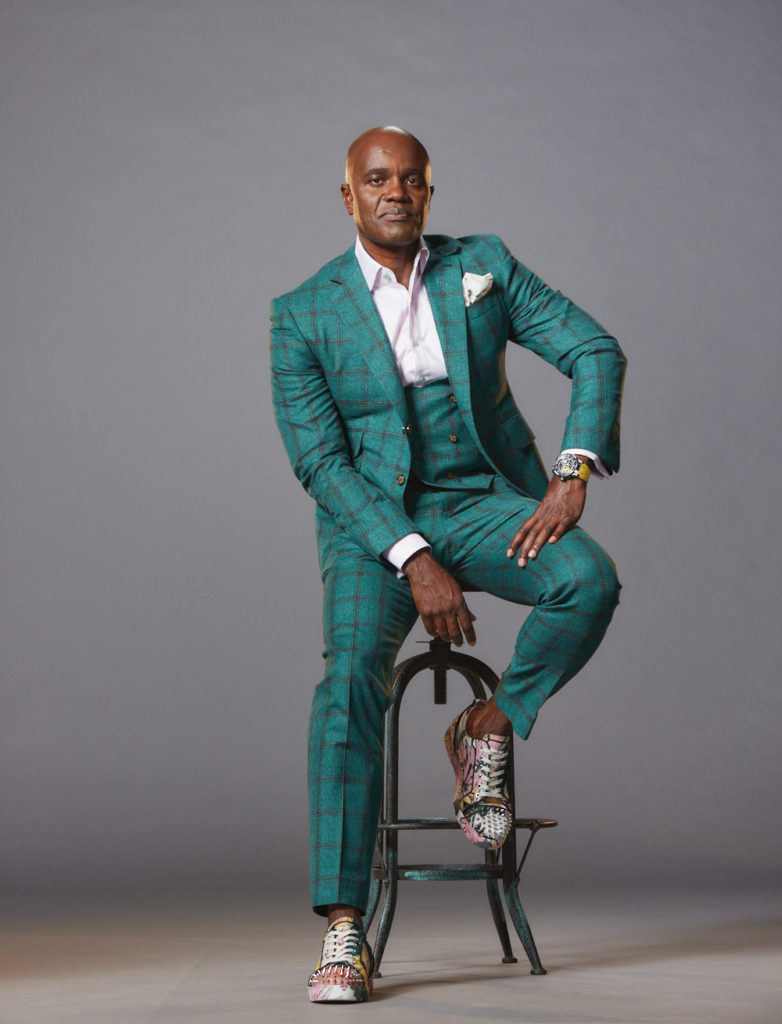
Of all his accomplishments, however, Hall is proudest of his role as a husband, father, and pillar of his community, and of breaking the cycle of poverty and abuse into which he was born. “I have five children and those five kids look up to me. I’ve been married to the same woman for 30 years. And despite that tough upbringing that I had, the abuse and the neglect, I’m not going to inflict those on somebody else,” says Hall. “It’s not the business achievements that I’m most proud of. I’m proud of the person that I became.”
